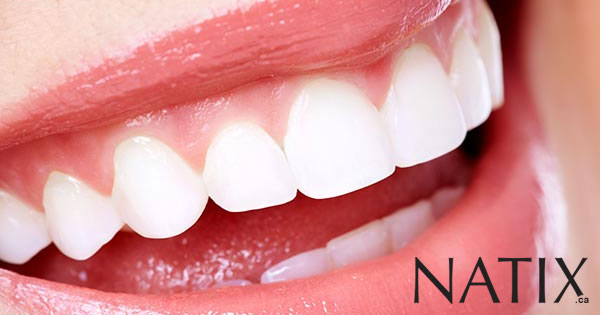Vous êtes au centre: Votre Expérience, Vos Résultats.
It's About You: Your Experience, Your Results.

News
How Dental Care Affects Brain Health

Oct 02, 2023
Ronald Grisanti D.C., D.A.B.C.O., DACBN, MS, CFMP
Here is yet another reason to be super compliant in taking care of your teeth and that is for the prevention of dementia.
A study published in the Journal of Neuroinflammation has found that periodontal (gum) disease leads to changes in your brain's microglial cells.
What is the function of the microglial cells in the brain?
Microglia can be generated from white blood cells known as monocytes that circulate in the blood and are responsible for the elimination of microbes, dead cells, redundant synapses, protein aggregates, and other particulate and soluble antigens that may endanger the Central Nervous System
These are white blood cells that defend the brain from amyloid plaque that is associated with cognitive decline.
Unfortunately, when a person has gum disease microglial cells stop being able to digest amyloid plaque leading to neuro-inflammation in the brain.
Further studies convincingly revealed similar conclusions:
A study performed by the NIA Intramural Research Program team using publicly available data from the National Health and Nutrition Examination Survey (NHANES), a large population study performed by the CDC's National Center for Health Statistics examined whether gum disease and infections with oral bacteria were linked to dementia diagnoses and deaths.
The team compared different age groups at baseline, with up to 26 years of follow-up, for more than 6,000 participants.
The NHANES participants received a dental exam for signs of gum disease and a high percentage were found to have the bacteria, Porphyromonas gingivalis
This is the most common culprit of gum disease. In addition a study revealed that plaques of beta-amyloid protein, a major hallmark of Alzheimer's disease, may be produced as a response to Porphyromonas gingivalis.
The study further revealed that older adults with signs of gum disease and mouth infections at baseline were more likely to develop Alzheimer's during the study period. Among those 65 years or older, both Alzheimer's diagnoses and deaths were associated with antibodies against the oral bacterium Porphyromonas gingivalis.
Almost half of Americans 30 and older have periodontal disease, according to the Centers for Disease and Prevention.
The number of Americans with Alzheimer's is predicted to more than double by 2050.
Could periodontal disease be an underlying contributing factor?
Maybe and to be quite honest emerging studies tend to lean toward this relationship and worth taken serious by all concerned about developing dementia
Steps to take to decrease the potential of developing dementia should include the following as it relates to dental care:
Regularly brushing your teeth
Flossing
Consider using a waterpik water flosser (this is my dentist strongest recommendations to clean out bacteria deep in the back molars.).This oral health appliance provides a stream of pulsating water to floss between your teeth and below the gumline.
Don't forget the most important step of ideal dental health and that is regular dental cleanings.
** Always consult with a physician or healthcare practitioner with significant integrative or functional medicine training.
READ MORE

